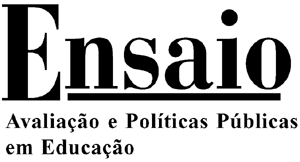Abstract
Empirical evidence shows a significant increase in women’s labor, which reaches more than 40% of the employed population in Brazil, although it is still marked by informality, sexual division of labor, and lower average income than men. Therefore, the main aim of this article is checking whether the techniques used to implement the “Thousand Strong Women Program” (PMM) are capable of promoting gender equity through educational and productive inclusion and how this process takes place. The research method proposed has been the case study with a qualitative approach. The results show that the program did not achieve its goal of including these women on a productive basis, because most of them are still unemployed. It was also noticed that, by using the methodology of prior learning assessment and recognition, the program tends to reinforce the existing gender norms. It is recommended to restructure the program, considering the adequacy of its methodology to women’s life projects, as well as the reality of the local labor market.
Public policies; Gender; Women; Equity
